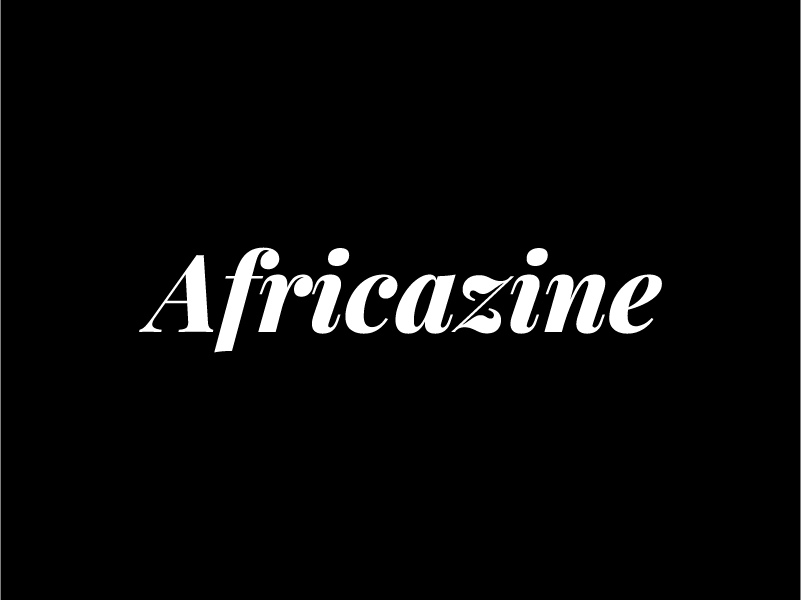Unlocking Higher Education: What You Need to Know About South Africa's NSFAS Funding
Every year, thousands of hopeful students in South Africa embark on their educational journey, fueled by dreams of higher learning. The National Student Financial Aid Scheme (NSFAS) plays a pivotal role in this quest, offering financial assistance through bursaries and loans specifically tailored for students from disadvantaged backgrounds. But, if you’re considering a second undergraduate qualification, there are some crucial details to keep in mind.
Who Can Benefit from NSFAS?
NSFAS primarily supports students who are pursuing their first undergraduate qualification at public universities or Technical and Vocational Education and Training (TVET) colleges. This initiative ensures that higher education is within reach for many who might otherwise be left behind. However, it’s important to note that students who have already attained an undergraduate degree are ineligible for a second one under NSFAS funding.
In simpler terms, if you’ve already accomplished a degree, NSFAS will not fund you for another undergraduate qualification, nor will it cover second certificate qualifications. This is a vital consideration for prospective students eyeing new fields of study or career changes.
Eligibility Guidelines You Should Know
Navigating the NSFAS funding landscape can feel overwhelming, especially with the variety of eligibility criteria. Here’s a quick breakdown to help you understand who qualifies for funding:
Financial Eligibility:
– Households must have an income below R350,000 annually.
– For students with disabilities, the threshold is slightly higher at R600,000.
– Recipients of certain SASSA grants automatically meet financial criteria if they’re academically eligible.
Academic Eligibility:
– University students need to pass at least 60% of their modules to be eligible for NSFAS support.
– TVET college students face slightly higher expectations with a pass rate of 70%.
– All qualifications must be accredited by the Department of Higher Education and Training.
The Impact of NSFAS
NSFAS funding has been instrumental in opening up opportunities for the “missing middle”—students whose financial circumstances don’t qualify them for traditional funding but who still struggle to afford higher education. With NSFAS support, these students gain access to vital resources and a chance to uplift not just their lives but also their communities.
The Bigger Picture
While NSFAS provides invaluable support, its restrictions on funding second qualifications underscore the importance of strategic planning for your educational path. Students must carefully consider their academic journey and the potential financial implications, ensuring that they meet eligibility criteria to maximize their support.
The essence of NSFAS is to empower South African youth with education, fostering a brighter future for all. By understanding these regulations, students can navigate their options effectively, making informed decisions about their academic futures.
For more insights and updates on educational initiatives in South Africa, keep following Africazine. Join the conversation on #Education, #BusinessNews, and #Politics to stay informed about vital developments that affect your educational journey.



